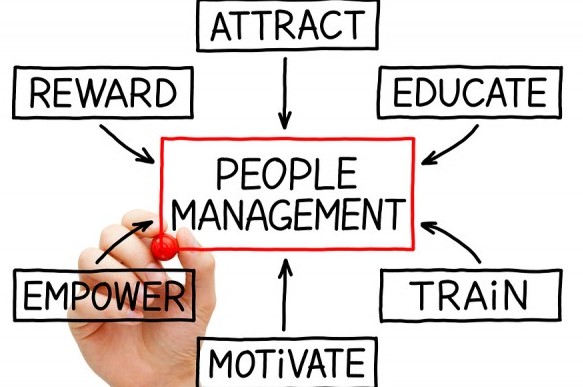How well are you managing performance? Do you, as a manager bring out the best in your people? In the work I do with executives, this seems to be their number one challenge: keeping people actively engaged and excited by their work.
How do some managers seem to have a knack for kindling peak performance in people, while others complain they’re stuck with zombies? Most managers want their people to achieve excellence at work. We really can’t ask for more.
In fact, peak performance can be defined as a combination of:
- Excellence
- Consistency
- Ongoing improvement
Easily defined, yet hard to produce because it has to be kindled in the hearts and minds of people. And it’s up to every manager to find the right kindling wood to spark the fires.
It’s sometimes tempting for managers to blame the employee. Disengaged employees often appear to lack commitment. In reality, many of them crave re-engagement. No one enjoys working without passion or joy.
Identify the Causes of Disengagement
While many factors cause disengagement, the two most prevalent are feeling overwhelmed and/or underwhelmed. Apathy and overload pose obstacles to performance, yet they often go undetected or ignored because neither qualifies as a disciplinary issue.
Meanwhile, managers try to work around such problems, hoping for a miraculous turnaround or spark that reignites energy and drive. They try incentives, empowerment programs or the management fad du jour. You don’t need carrots or sticks.
Brain science tells us that as knowledge workers, we need to manage our thinking minds with care. You can’t sprint to peak performance, the brain needs careful management and rest.
You cannot expect a human being to sit at a desk for hours and produce quality work without providing these essential elements:
- Food
- Rest
- Human engagement
- Physical movement and exercise
- Challenge
We often forget that thinking is hard work. If you work too many hours, your brain’s supply of neurotransmitters will be depleted, and you won’t be able to sustain top performance. Without proper care, the brain will under-perform — and brain fatigue mimics disengagement and lack of commitment.
Peak performance also depends on how we feel: hopeful, in control, optimistic and grateful. We need to know that we’re appreciated. Yet how much time are managers spending encouraging their people with positive feedback, vs. putting out fires and managing problems?
What do you think about this? If you’re a manager, are you providing optimal working conditions for your people in their work? Are you bringing out the best in them? I’d love to hear from you. I can be reached here or on LinkedIn.

Did You Enjoy This Article?
Join thousands of other smart business owners like yourself & get our Proffittable Times newsletter.
It's filled with actionable content you can apply immediately.
Sign up now to get started!
– Coach Nancy










